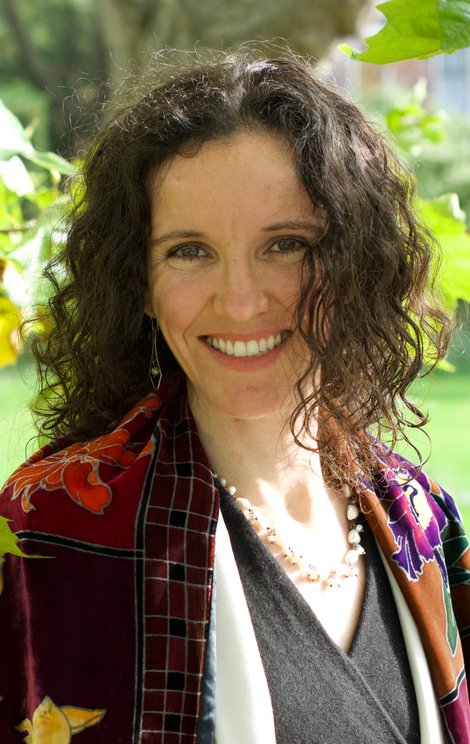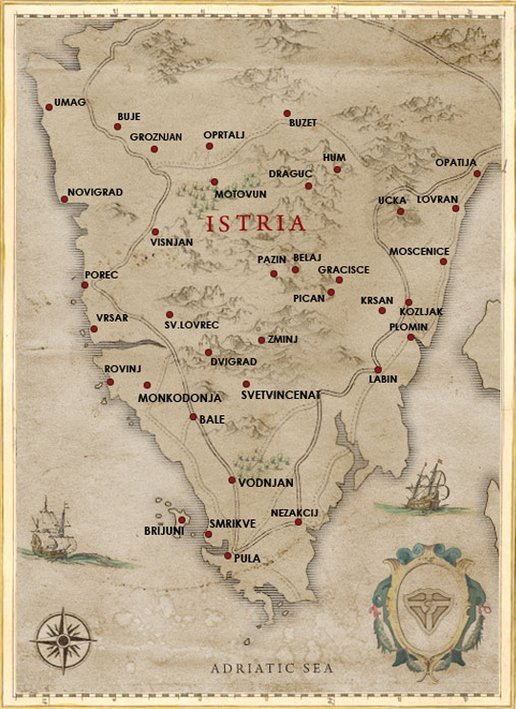Dr Robin Smith
Marie Skłodowska-Curie Fellow
Copenhagen Business School
Welcome to my site!
I am an anthropologist of Europe who writes about the lives of family wineries and olive oil producers in Istria, Croatia.
This site introduces you to both Istria and my work, including my publications, ongoing projects, and the research and writing resources I have found helpful.
An anthropologist of Europe trained at the University of Oxford, I do research in Istria, Croatia with winemakers and business owners to learn about their lives as they adapt to the European Union's governance regimes and post-capitalism. I am interested in the issues that shape their daily business and personal lives, and how they have come to understand their role in developing and governing their local market. Most recently, my main point of focus has been their economic values, and how those play out in everyday contexts, and especially how those values are challenged by (post-)capitalist market realities. This is explored in my book project entitled, The Art of Getting by in Istrian Winemaking, which is fully drafted.
I have published on local resistance to governance reforms around small business taxation systems, the value of favors in farming life, two introductions to anthropology of tax volumes, urban gardening, and solidarity networks in farming. I also researched alternative food procurement and distribution networks in urban Europe on an ERC project at Leiden University and the informal economy around the organic rose oil sector in Bulgaria at the Catholic University of Leuven.
I have just completed a forthcoming volume with Johanna Mugler and Miranda Sheild Johansson, my co-editors, entitled: Anthropology and Tax: Ethnographies of Fiscal Relations. This groundbreaking volume has been copyedited (spring 2024) and is in production with Cambridge University Press. It features contributions from 14 scholars, each offering fresh insights into the anthropology of tax.
This is an outgrowth of a collaborative effort to establish tax as a sub-field within anthropology. My contribution has been the co-creation of a special issue in Social Analysis with Nicolette Makovicky as co-editor. This initiative emerged from our well-received panel at the UK's ASA in 2018, titled "The sociality of tax: State-citizen imaginaries". This event drew in a large handful of scholars focusing on tax, so much so that I built us the website, The Anthropology of Tax Network for us to promote our work and find new synergies for collaboration. It has resources like an ongoing bibliography that I maintain, and links to researchers and projects. Recently, this network has expanded into an EASA Anthropology of Tax Network, further elevating the profile of this sub-field to capture new members and inspire others.
My Marie Skłodowska-Curie Fellowship at Copenhagen Business School is a research project on the predatory financial practices of Croatian businesses and their profound impact on rural economic development. In addition, I am an academic guest at Utrecht University, the Netherlands, where I began in 2021 as a Wenner-Gren Hunt Fellow.
I have been fortunate to earn financial support for my research from the EU's Marie Curie (Horizon 2020), Wenner-Gren Foundation, Independent Social Research Foundation, Clarendon Fund of Oxford Univ. Press, and American Council of Learned Societies.
About Istria
Istria is a fascinating region to study. I feel so lucky to have stumbled upon this place. Its history is complicated, being a region fought over by various empires throughout the centuries. This has led to local jokes like, "My grandfather was born in the Austro-Hungarian Empire, my father in Italy, myself in Yugoslavia, and my son in Croatia -- and all of us in the same place!" Indeed, families have military paraphernalia from family members who served in the French, Austro-Hungarian, Italian, or Yugoslav armies in their boxes of heirlooms. Almost everyone speaks multiple languages -- Italian, Croatian, German, and local Istrian dialects rooted in Italian but that Italian tourists find baffling. The food one finds at popular agrotourisms reflects this diverse heritage.
The natural richness of this region cannot be overstated. Every season is marked by some culinary delight or another. Istrian wines are earning Decanter wine awards, and Istrian olive oils are among the most highly ranked in the world by industry rankings. Many family agrotourisms and rural or farmstead restaurants make pastas and breads from home-grown wheat they mill at one of the local mills. Forests are bountiful with mushrooms, truffles, wild asparagus, and salad greens. Be careful before venturing out on your own here though -- one needs licenses and local knowledge to avoid animals like wild boar!
When I was a graduate student at the School of Slavonic and East European Studies, at University College, London, my mentor took me out for beer and asked me what my non-academic interests were. I said I wanted to be a sommelier, and she exclaimed that "You know, Croatia has some fabulous wines, and they're seriously under studied!"
I hope that my research has gone some way to rectify this!
I hope you enjoy the pages on this site, not just to get to know me, but to find resources to explore for yourself.

